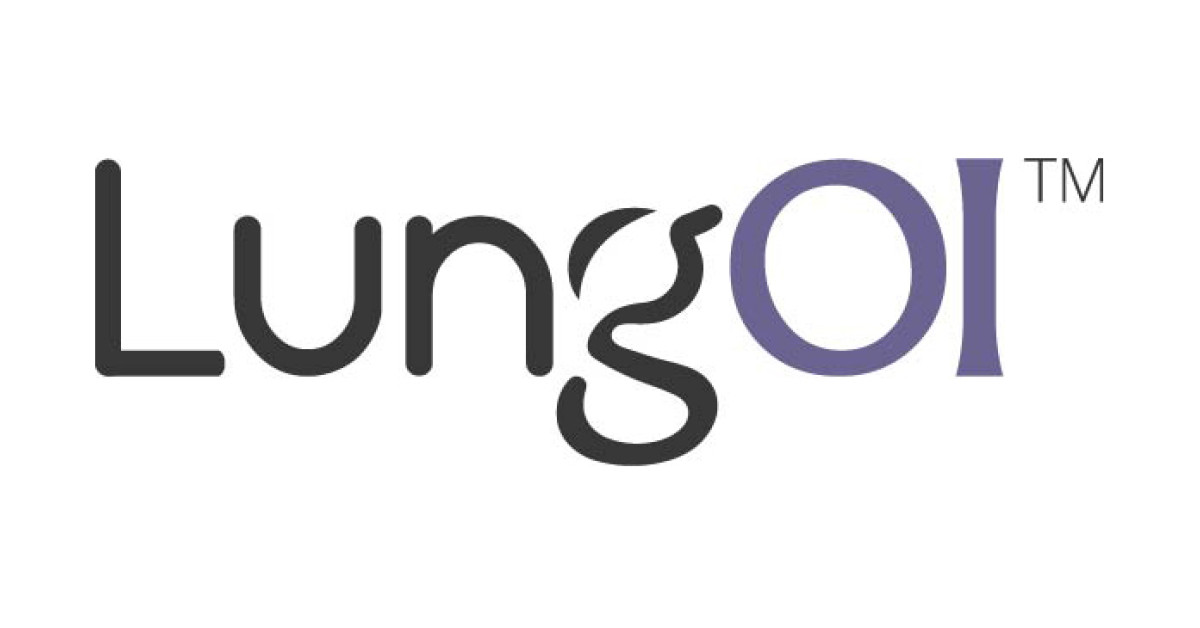



Quest Diagnostics, a leading medical laboratories company, has announced its acquisition of PathAI Diagnostics, a provider of AI-powered technology for pathology. The transaction, expected to be completed in Q2 2024, will enable Quest to strengthen its capabilities in AI and digital pathology, ultimately improving cancer care. As part of the acquisition, PathAI Diagnostics' laboratory in Memphis will become Quest's AI and digital research and development (R&D) and solutions center. PathAI will continue to support its biopharmaceutical clients with clinical trial services. The integration of PathAI's expertise and technology will allow Quest to deploy digital slide preparation and diagnostic services to health systems and providers globally. This move aligns with Quest Diagnostics' history of strategic AI and automation deployment and its commitment to leveraging innovative solutions to enhance patient care [869f1c15].
Digital pathology is a rapidly advancing field that involves the creation of digital images of glass slides, enabling remote access to expert consultations and reducing the need for physical transportation of slides. By leveraging AI and digital pathology, Quest Diagnostics aims to extend access to expert consults and improve the efficiency and accuracy of cancer diagnosis. This acquisition positions Quest as a key player in the development and adoption of AI and digital pathology solutions in the healthcare industry, particularly in the field of cancer diagnostics. The integration of PathAI's technology and Quest's extensive network and resources will pave the way for advancements in precision medicine and personalized cancer treatment [869f1c15].
Quest Diagnostics' expansion into the AI and digital pathology space comes as part of its broader strategy to innovate and provide cutting-edge diagnostic solutions. The company has a strong market capitalization of $15.05 billion and is well-positioned to leverage its expertise in medical laboratories to drive advancements in the field. With this acquisition, Quest aims to enhance its capabilities in cancer diagnosis and contribute to the ongoing efforts to improve patient outcomes and quality of care. By combining AI technology with digital pathology, Quest Diagnostics is poised to revolutionize cancer diagnostics and set new standards for accuracy, efficiency, and accessibility [869f1c15].
Imagene, a pioneer in AI-based precision oncology, has achieved key milestones in the commercialization of its AI-based NSCLC Biomarker Profiling Test, LungOI. The company secured a novel payment code and payment rate from the Centers for Medicare and Medicaid Services (CMS) earlier this year. LungOI is positioned as a leading AI-based LDT product for detecting lung genomic alterations. Through its CLIA lab, Imagene offers wide access to the LungOI test, providing predictive analysis of NSCLC genomic alterations from H&E slides within minutes. The test delivers same-day results to physicians and enhances patient care through rapid and cost-effective triaging of patient samples. Imagene is now expanding payer coverage for LungOI through early access programs. The company's executive team will showcase its full product line at the upcoming American Society of Clinical Oncology (ASCO) conference. LungOI is clinically available through Imagen's CLIA-certified laboratory in Arizona [4d59cab0].
Researchers have developed and evaluated the Providence Gigapixel Pathology Model (Prov-GigaPath), a whole-slide pathology foundation model, to achieve state-of-the-art performance in digital pathology tasks. The model was pre-trained on 1,384,860,229 image tiles from 171,189 whole pathology slides and demonstrated superior performance in mutation prediction and cancer subtyping tasks. It outperformed existing models in tasks such as lung adenocarcinoma-specific five-gene mutation prediction, pan-cancer 18-biomarker prediction, and pan-cancer tumor mutation burden prediction. The model also achieved the best zero-shot classification results on non-small cell lung cancer and colorectal adenocarcinoma subtyping tasks. The study highlights the potential of Prov-GigaPath to enhance clinical diagnostics and decision support in digital pathology [efb983f0].
According to a new report, the global market size of AI in Cancer Diagnostic Market is expected to grow with a CAGR of 26.80% from 2023 to 2030. The report provides an industry overview, growth analysis, and historical and futuristic cost, revenue, demand, and supply data. The top companies in the market include EarlySign, Cancer Center.ai, Microsoft, Flatiron, Path AI, Therapixel, Tempus, Paige AI Inc., Kheiron Medical Technologies Limited, and SkinVision. The market can be divided based on product types, sub-types, major applications, and regions. The regional analysis includes the USA, Canada, Mexico, Germany, Great Britain, France, Italy, Russia, Spain, Benelux countries, China, Japan, India, Southeast Asia, Australia, Brazil, Argentina, and Colombia. The report is helpful for businesses in strengthening their market position, lowering investment risk, identifying potential threats and opportunities, determining strengths and weaknesses, strategic planning, understanding target demographics, and staying updated on competitor's business practices [fe167643].
Liverpool-based LYVA Labs' Health and Life Sciences pre-seed fund has provided a £125k funding boost to Spotlight Pathology, a female-led business developing AI tools to support pathologists in making complex blood cancer diagnoses. The funding will enable Spotlight Pathology to accelerate product development and commercialization. LYVA Labs, which was set up with £11M from Liverpool City Region’s Combined Authority, aims to invest in under-served founders and CEOs. Spotlight Pathology is the fourth female-led business backed by LYVA Labs. CEO of LYVA Labs, Lorna Green, chairs Liverpool City Region’s new Female Founder Regional HIGH Growth Board. Spotlight Pathology was spun out of the University of Manchester in January 2020 and is based in Sci-tech Daresbury. It has already received a £0.9m Innovate UK grant and is in possession of a significant data bank of blood tissue samples [b330b569].